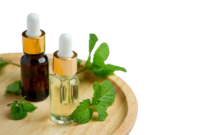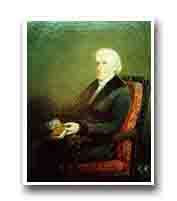 is a system of alternative medicine that was developed in the late 18th century by German physician Samuel Hahnemann. It is based on the principle of “like cures like,” which states that a substance that causes symptoms in a healthy person can be used to treat similar symptoms in a sick person.
is a system of alternative medicine that was developed in the late 18th century by German physician Samuel Hahnemann. It is based on the principle of “like cures like,” which states that a substance that causes symptoms in a healthy person can be used to treat similar symptoms in a sick person.
Homeopathic remedies are typically made from highly diluted substances that are believed to stimulate the body’s natural healing processes. The remedies are prepared through a process of dilution and succussion (vigorous shaking), which is believed to increase the potency of the remedy.
 Hahnemann began practicing homeopathy after being dissatisfied with the harsh treatments commonly used in traditional medicine at the time. He believed that the body had the ability to heal itself and that homeopathic remedies could stimulate this process by triggering a response in the body’s vital force, which he believed was responsible for maintaining health.
Hahnemann began practicing homeopathy after being dissatisfied with the harsh treatments commonly used in traditional medicine at the time. He believed that the body had the ability to heal itself and that homeopathic remedies could stimulate this process by triggering a response in the body’s vital force, which he believed was responsible for maintaining health.
Over time, homeopathy has evolved into a well-established system of medicine with its own unique theory and methodology. Today, homeopathy is widely practiced in many countries, although its efficacy is still the subject of much debate and scientific controversy.
While some proponents of homeopathy believe it to be a safe and effective alternative to traditional medicine, many conventional medical experts argue that there is no scientific evidence to support its efficacy. Critics argue that the high levels of dilution used in homeopathic remedies render them essentially useless, and that the positive effects seen in some studies are likely due to the placebo effect.
Despite the ongoing debate, homeopathy remains a popular form of alternative medicine and is used by millions of people around the world. If you are considering using homeopathic remedies, it’s important to consult with a qualified healthcare provider to ensure the safe and effective use of these remedies.

